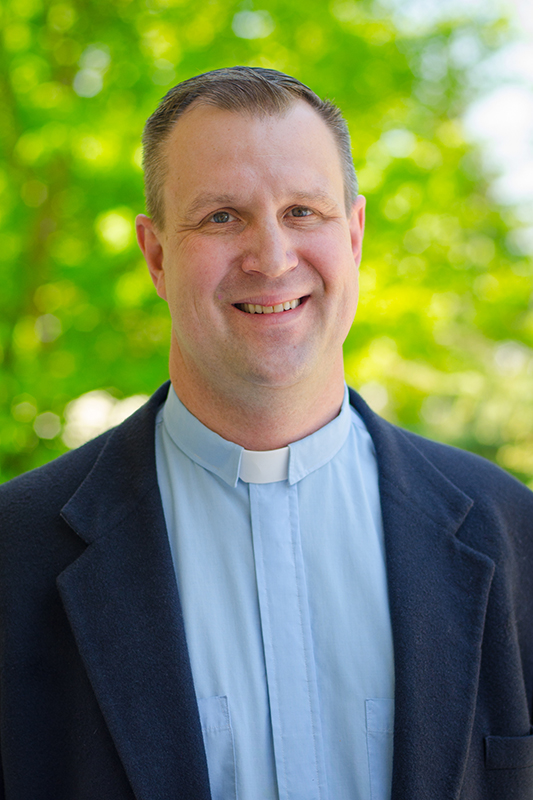COVID-19 Vaccinations in Memory Care
March 29, 2021

How COVID-19 vaccination improves interactions with those in Memory Care
I’m so happy to have been able to be vaccinated. While it has not completely changed my life, it has made me feel much better about my interactions with your loved ones. It also has made me feel like I can do a few more things in my personal life. Not a lot more but a bit more.
More physical contact with residents
A significant change for me in my interactions with your loved ones has been that I have more physical contact now. Prior to COVID I gave a lot of hugs to people. I would sit side by side with people. For many people, especially those with dementia, physical contact is so important. It is a clear means of communicating affection for people for whom communication can be difficult. I still don’t give as many hugs as I did just over a year ago, but I give a lot more hugs than I did three months ago.
The value of a hug for those with dementia
I was speaking with one of our resident’s daughters the other day about how nice it is to be able to more freely give her mother a hug now. I told her how so many of our residents appreciate hugs, but that her mother was particularly affectionate both physically and verbally. This woman really loves to hug you and tell you she loves you.
The daughter is a little surprised that her mother is this way. Her mother was not a cold woman and her children always knew they were loved. But she was not especially physically affectionate. They were not a family of huggers. Her mother was not often giving hugs or saying the words I love you. At this point in this woman’s life though those hugs and direct verbalizations of love are so meaningful and important to her.
This is just one example as to how important physical affection for so many with dementia is. It’s also a sign of how dementia can break down some barriers and allow us to expose our thoughts and feelings more freely.
The importance of contact, at any stage
I think this way that dementia can be freeing can be seen in our various stage houses at Emerald Crest. In very general terms, our people in our higher cognition houses are often less conversational with one another than those in our middle cognition houses. It seems that some often in our higher functioning houses our residents can have a conversation, but they generally don’t start the conversation. I think they have some inhibitions and know that their mind isn’t as sharp as it used to be so they often remain quiet around one another until someone starts a conversation. When someone else starts the conversation then they will engage.
In our middle stage houses, the people have often lost their recognition that they have any dementia so they speak freely with one another. Something pops in their head and they blurt it out. Their inhibitions are gone. You know what’s on their mind. I remember a conversation I had with another daughter of one of our residents. Her mother was especially boisterous. She said that her mother never had much of a filter to begin with and now what filter she had was gone. This resident has passed away now, but you can imagine that she was someone who was outwardly loving and would have connected with others directly and joyously.
Vaccines are allowing us to feel a bit more comfortable with contact
Knowing that residents have been vaccinated, knowing that I have been vaccinated I can act more freely now too. Not going around a room hugging person after person but putting my arm around my friend without worry. Many of you reading this are essential caregivers and I know that many of you feel much better about visiting and showing affection to your loved one.
I also know that there are families of our residents who have been living in near complete isolation for the past year who are now venturing out a bit more. There are people who had not visited in person but now have come. It’s beautiful to see.
Our residents are your loved ones and are my friends. I love to be able to look around and know that I am not a threat to my friends, and they are not a threat to me and my family.
Reverend Arlen Solem
Chaplain and Campus Pastor
In gratitude, thank you so much to all of our volunteers and donors who make all of the work we do at Cassia possible. Your contributions are greatly appreciated and needed to ensure we are able to fulfill our mission.
For questions about our spiritual care program, or if you would like spiritual care and support for you or your loved one, contact Chaplain Arlen Solem at 612-263-0503. or Arlen.Solem@cassialife.org.
At Emerald Crest, we offer a deep knowledge of memory care in a specialized assisted living setting for seniors with Alzheimer’s and dementia-related conditions. We encourage you to contact us directly with any questions or request a tour.
Emerald Crest by Cassia provides memory care in a unique environment, specifically designed to support those with cognitive issues. Utilizing this exceptional model of care, individuals with dementia, Alzheimer’s and related conditions can flourish in positive relationships and participation in meaningful activities. Memory care is offered in the Minneapolis – Saint Paul area with communities in four convenient locations: Shakopee, Burnsville, Minnetonka, MN.

